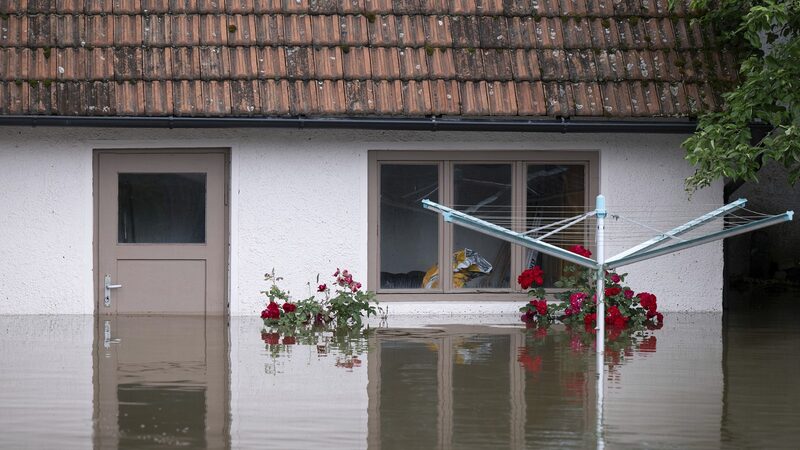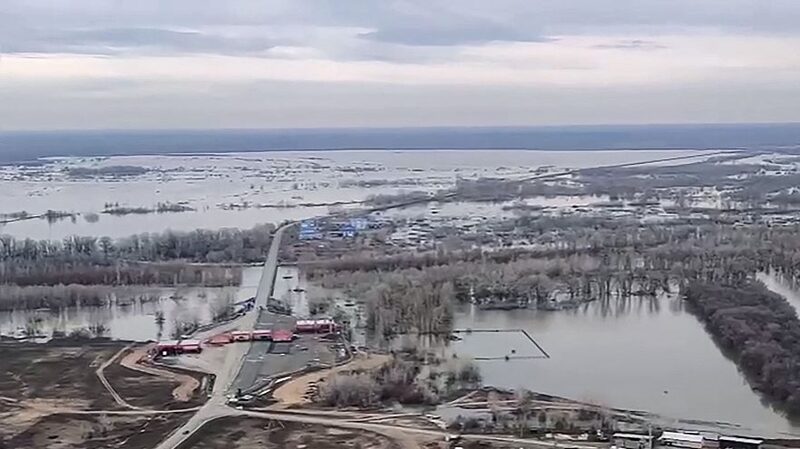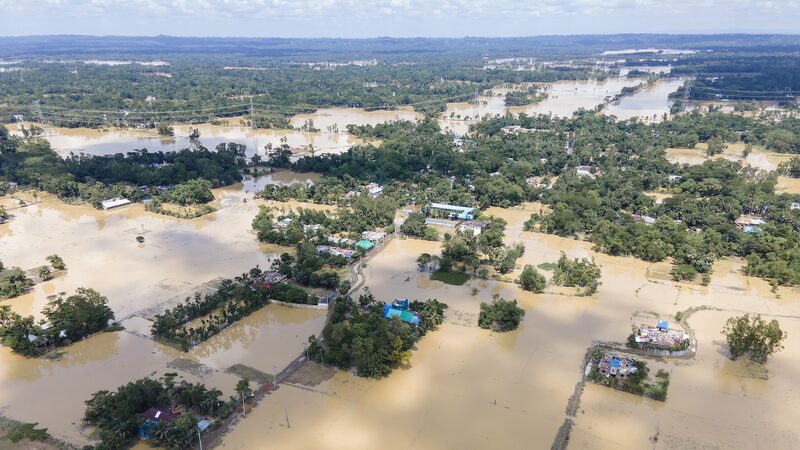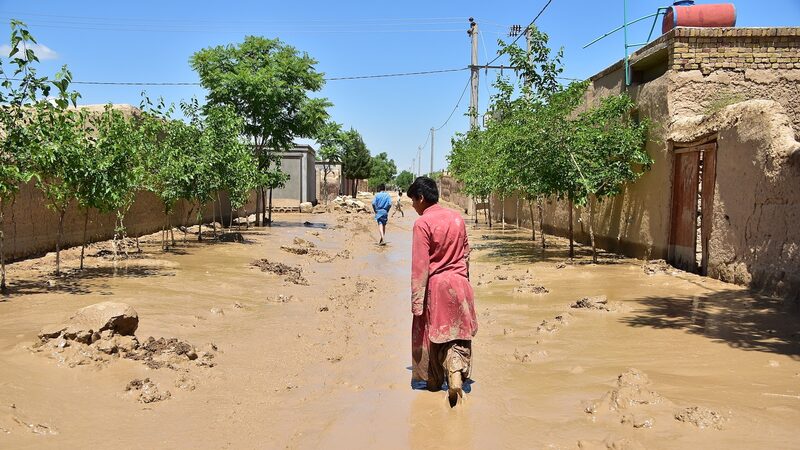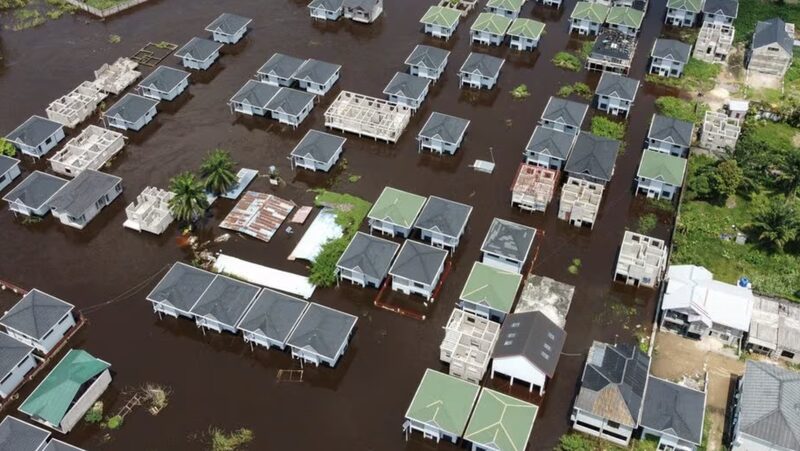Extreme Weather Events Continue to Impact Communities Worldwide
Across the globe, extreme weather events are causing significant disruptions and raising concerns about the increasing impact of climate change. From devastating floods in Europe to relentless heatwaves in Asia, communities are facing unprecedented environmental challenges.
Flooding in Southern Germany
In southern Germany, heavy rainfall led to severe flooding over the weekend. A firefighter tragically lost his life while attempting to rescue residents trapped by rising waters. Thousands were forced to evacuate as rivers overflowed, submerging homes and infrastructure. Local authorities are working tirelessly to provide relief and assess the damage.
Heatwaves Sweep Across Asia
Several regions in Asia have been experiencing intense heatwaves, with temperatures soaring above normal levels. Countries like India and China have reported record-breaking heat, leading to health warnings and affecting agriculture and daily life. The prolonged heat has strained power grids due to increased demand for cooling.
Wildfires Ravage North America
Wildfires have been rampant in parts of North America, particularly in Canada. Extended periods of dry weather and high temperatures have created conditions conducive to large-scale fires, forcing evacuations and impacting air quality over vast areas.
Tropical Storms and Typhoons in the Pacific
The Pacific region has seen an active storm season, with multiple typhoons and tropical storms affecting island nations and coastal areas. High winds and heavy rainfall have caused flooding and damage to infrastructure, emphasizing the need for robust disaster preparedness measures.
A Call for Global Action
The frequency and severity of these extreme weather events underscore the urgent need for global collaboration on climate change mitigation and adaptation strategies. Communities worldwide are advocating for sustainable practices and policies to address environmental challenges and protect vulnerable populations.
Reference(s):
cgtn.com
